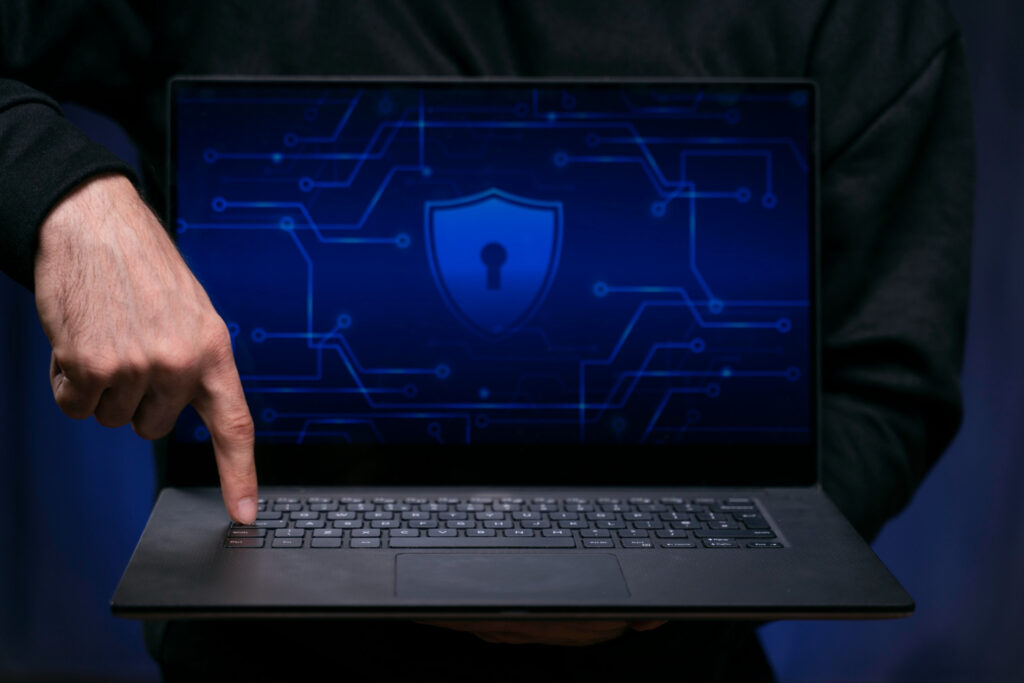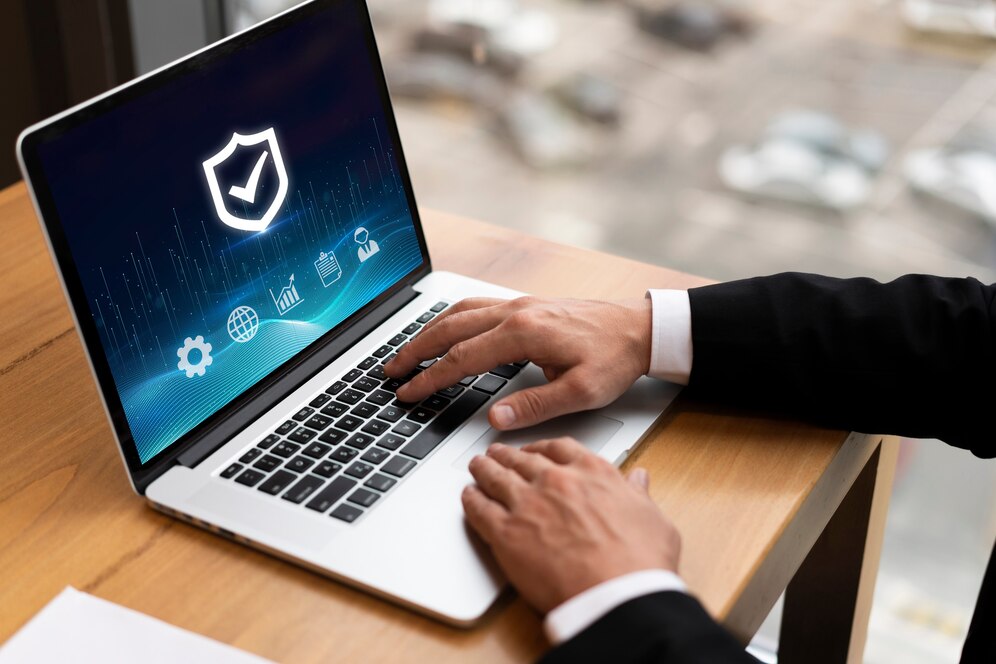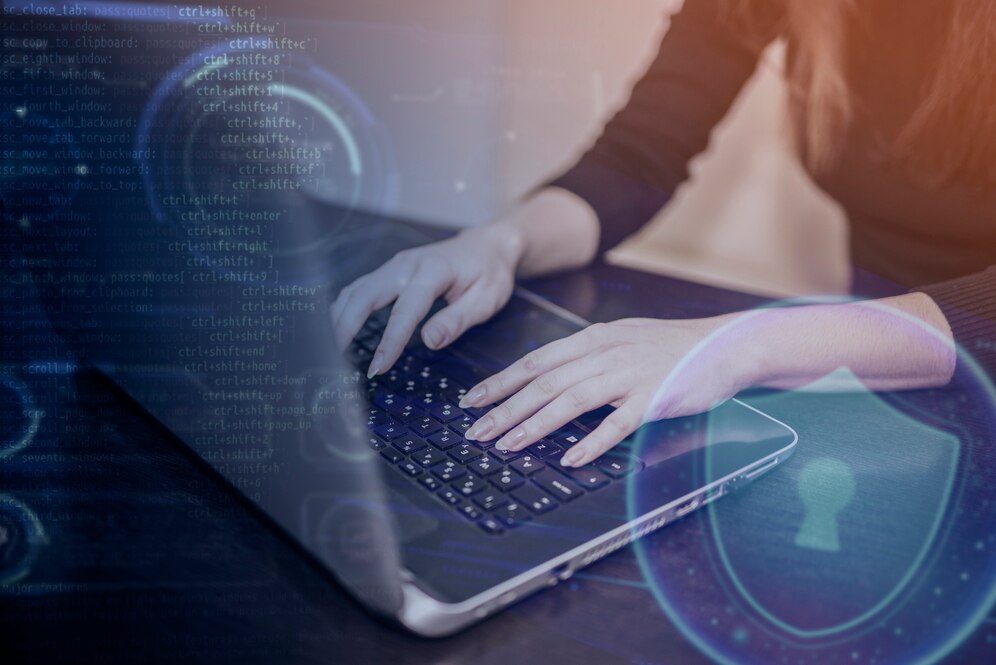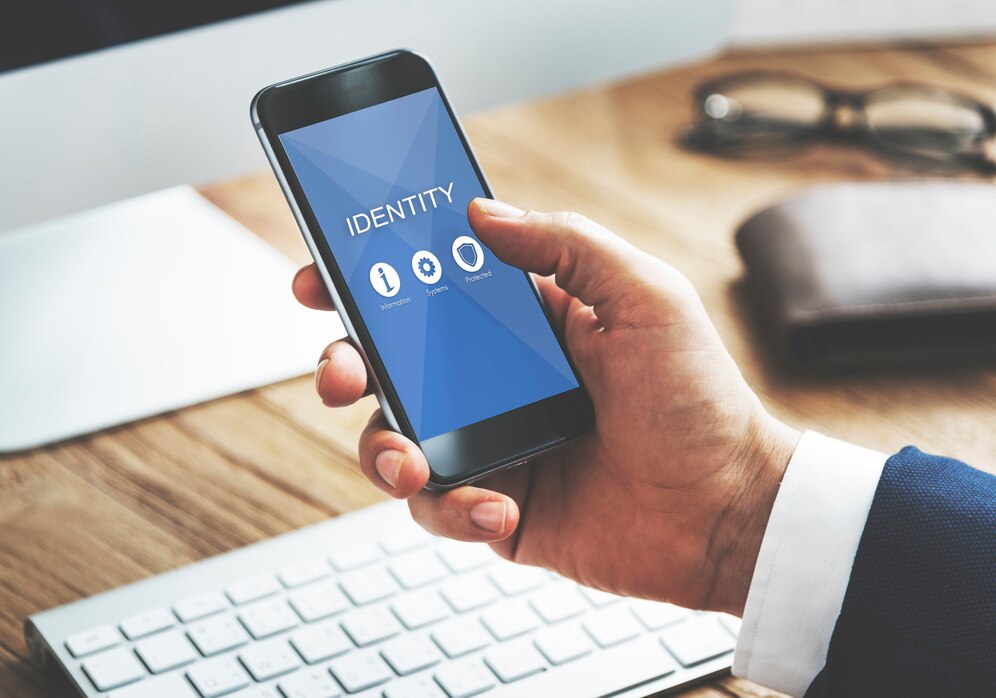The Technology Blog

How to Protect Your Online Privacy
As our lives become increasingly digital, online privacy protection is more important than ever. From social media to online shopping and cloud storage, your personal data is constantly being collected, stored, and shared. Without proper safeguards, this information can be misused—leading to identity theft, financial fraud, and erosion of personal freedom.
This guide offers practical, easy-to-implement strategies for protecting your data online. Whether you’re concerned about big tech, hackers, or everyday digital habits, these internet safety tips will help you take control of your digital footprint.
Pro Tip:
Use a privacy-focused browser like Brave or Firefox, and install tracker-blocking extensions such as uBlock Origin or Privacy Badger. These tools significantly reduce the amount of personal data websites can collect from you.
Quick Guide: Online Privacy Protection Steps

- Use strong, unique passwords for each account: Avoid repeating passwords. Use a password manager to keep them secure and accessible.
- Enable two-factor authentication (2FA): Add an extra layer of protection to your email, bank, and social media accounts.
- Review and tighten privacy settings: Regularly update your privacy controls on platforms like Google, Facebook, and Instagram.
- Avoid using public Wi-Fi without a VPN: Open networks are vulnerable to data theft. A VPN encrypts your activity and protects you from spying.
- Be mindful of the information you share online: Avoid posting your address, phone number, or other personal identifiers on public platforms.
Important:
Never click on suspicious links or open attachments from unknown sources. Phishing attempts are one of the most common methods hackers use to gain access to your personal data. Always verify the source before interacting with online content.
Why Online Privacy Protection Matters
Protecting your personal data isn’t just about avoiding identity theft—it’s about maintaining control over your digital life. Every time you use an app, visit a website, or sign up for a service, you leave a digital trail. Advertisers, data brokers, and cyber criminals all rely on these trails to track behaviour, deliver targeted ads, or launch attacks.
Prioritising data security helps you:
- Keep financial information safe
- Avoid social engineering scams
- Prevent account takeovers
- Preserve anonymity and freedom of expression
Online privacy protection is not optional—it’s essential in today’s connected world.
Best Practices for Internet Safety and Data Security
1. Use Encrypted Communication
- Always use websites with HTTPS in the address bar.
- Use end-to-end encrypted messaging apps like Signal or WhatsApp for private communication.
- Avoid sharing sensitive info via email unless encrypted.
2. Limit App Permissions
- Check what data apps request (location, contacts, camera, microphone).
- Revoke permissions that are unnecessary for the app’s core function.
- Use app permission controls on iOS and Android to restrict access.
3. Secure Your Devices
- Use biometric locks or strong PINs on smartphones.
- Keep operating systems and apps updated to fix security vulnerabilities.
- Install antivirus software on both computers and mobile devices.
4. Monitor Your Digital Footprint
- Search your name online to see what’s publicly available.
- Set up Google Alerts for your name or username to track mentions.
- Request data deletion or profile removal where possible.
5. Be Wary of Third-Party Services
- Free apps and extensions often monetise your data.
- Read privacy policies (or summaries) before signing up.
- Stick to reputable companies with transparent data practices.
Social Media Privacy Tips
Social platforms are prime targets for data harvesting and identity theft. Follow these steps:
- Make profiles private
- Limit what friends can see or share about you
- Disable location tagging
- Be selective with friend or follower requests
- Avoid sharing your birthday, full name, or travel plans publicly
Even seemingly harmless posts can be used in social engineering or targeted phishing attempts.
Recommended Tools for Privacy and Security
- Password Managers: Bitwarden, 1Password, LastPass
- VPNs: ProtonVPN, NordVPN, Mullvad
- Browsers: Brave, Firefox with privacy extensions
- Antivirus Software: Norton, Bitdefender, Malwarebytes
- Encrypted Email Providers: ProtonMail, Tutanota
These tools create multiple layers of protection, making it harder for intruders to access your personal data.
Frequently Asked Questions

1. What is the most important step to improve online privacy?
Using strong, unique passwords for each account combined with two-factor authentication is one of the most effective ways to prevent unauthorized access.
2. Are VPNs worth using at home?
Yes. VPNs encrypt your internet traffic, protecting your data from being tracked by your ISP or exposed on unsecured networks.
3. How can I check if my data has been leaked?
Use sites like HaveIBeenPwned.com to see if your email or account credentials have been compromised in known data breaches.
4. Should I be concerned about smart devices collecting data?
Yes. Many IoT devices collect usage data. Review their privacy policies, disable data sharing where possible, and keep device firmware updated.
5. How often should I review my privacy settings?
Every 3 to 6 months is a good practice. Platforms frequently update their settings and add new data collection methods you may want to disable.
Maintaining Long-Term Control of Your Digital Privacy

Online privacy protection isn’t just a one-time task—it’s an ongoing commitment. As technology evolves, so do the threats to your data security. By making internet safety part of your routine, you can reduce your exposure to risks and take control over what personal information you share—and with whom.
Every step you take reinforces your right to privacy in the digital world, from securing your devices to understanding the digital footprints you leave behind. The goal is not just to hide—but to choose when, how, and why your information is used.
Staying informed, cautious, and proactive is the best defence against digital threats—and it all starts with adopting smarter habits today.









